
One Nation’s chances as a dominant conservative party are piñata-like
Posted on 11 Feb 2026
Opinions polls insist Pauline Hanson's fortunes are on the rise, but it is likely that enthusiasm…
Posted on 30 Apr 2024
By David Crosbie

The epidemic of violence against women will not end unless we all recognise that it is us, not them, who can and will make a difference, says Community Council for Australia CEO David Crosbie.
It has been a big week for blaming others, blaming individual factors, calling for inquiries and bandaid responses; that makes it a week where charities and community organisations have a critical role to play.
Thousands of women and men marched to say enough of the violence against women. The National Cabinet was convened to look at measures it can take to reduce the number of women being assaulted or killed.
At the same time, we also saw the petty politics of fear, division and diversion on full display.
The terrible case of a woman bashed by a group of home invaders became a key news focus on Tuesday, largely because one of the perpetrators is alleged to have been an immigration detainee released on bail.
The Australian newspaper's front page pictures of the battered older woman were accompanied by words telling us it is violent immigrants who bash women and pose a threat to us all. Cue the outrage, blaming and political point scoring. The other is the danger.
The same news outlet offered only limited coverage of marches, protests or measures that might reduce the growing number of intimate partner homicides.
It makes us more comfortable to think bad things are done by bad people, not by people like us. We tend to believe that people like us, our neighbours, our colleagues, our friends, would never assault a woman, but that isn’t true. If we are men, the other is us, and we are the danger.
As a probation officer and teacher managing programs for troubled youth, I’ve had too many arguments with various men (and a handful of women) in positions of power where they wouldn’t accept that a well-spoken, highly educated and successful man in a suit was a perpetrator of domestic violence.
Their refusal to accept that someone like them could be an abuser put the young women I was responsible for in very dangerous situations.
"I’ve taken badly beaten Indigenous women to the Alice Springs hospital following attacks by their partners and struggled to accept that I would also be one of the people who would drive these battered and bruised women back home."
While the rate of homicides in Australia has been trending down for more than two decades, the number of women being murdered by someone they know well, or live with, is increasing.
The most disturbing finding of the latest Australian Institute of Criminology statistics on homicides in Australia is that Indigenous women are seven times more likely to be victims, which mostly explains why living in major cities seems to be protective, with rural and regional women over-represented in the number of women killed.
I’ve taken badly beaten Indigenous women to the Alice Springs hospital following attacks by their partners and struggled to accept that I would also be one of the people who would drive these battered and bruised women back home.

These women do not see any workable alternative that will allow them to escape the violence in their lives. Like so many women in communities across Australia, covering up, making the best of things, trying to survive and care for those they love, they have no safe place.
It is men who are the perpetrators, and their actions are fuelled by many factors including cultural norms of male power, gambling and associated financial stress, alcohol and drug use, lack of appropriate housing, lack of access to education and employment, and untreated mental health issues.
In all these areas, charities and community groups have a critical role to play. It’s not just domestic violence services, family support, legal aid or better policing that needs an urgent injection of resources; the changes we need are bigger, broader, more encompassing.
Beyond the direct service provision and support needed by too many women in Australia, charities and community groups play a fundamental role in promoting community attitudes that value and empower women. A national campaign about respect can only ever have limited impact when power and indifference remain largely undisrupted in our communities and our workplaces.
A more equal and connected community experiences less violence against women than one where socio-economic inequality is greater and there is higher tolerance for gender discrimination and controlling behaviour in relationships.
One of the more worrying trends emerging in various surveys from around the world is the growing divide between young men and young women in attitudes to our community.
The latest Glocalities polling released this month found that “Young women were worried above all about social issues such as sexual harassment, domestic violence, child abuse and neglect. Young men were more geared towards achieving social and economic status, and set store by conservative family values and competition, bravery and honour.”
The survey of more than 300,000 people across 20 countries also found that “Over the last decade, there has been a surge in feelings of hopelessness and societal discontent among both younger men and women (18–24).”
The Focaldata survey of mostly European countries also produced some worrying results: “The pollsters also tested the classic zero-sum proposition that you can only get rich at the expense of others. In every major European country, the results are dramatic: 59% of British respondents believe they can only enhance their personal wealth if others do badly, and just 17% disregarded this notion. Similarly, in Germany and the Netherlands, 60% and 58% respectively hold this view, compared with only 16% and 15% who rejected it. In almost all countries, more than 50% displayed a zero-sum mentality.”
There’s a lot of specific work to be done within charities and community groups to reduce intimate partner violence in Australia, beginning with the idea that it is us men, not other men, who are perpetrators of violence, and we all share a responsibility to ensure women are not living with fear and experiencing control, abuse or violence in any form.
We also have a responsibility within our own organisations to better engage with women and men, to both model and promote the values of equality, justice and respect that are core to most charities.
The epidemic of violence against women will not end unless we all recognise that it is us, not them, who can and will make a difference.
David Crosbie has been CEO of the Community Council for Australia for the past decade and has spent more than a quarter of a century leading significant not-for-profit organisations, including the Mental Health Council of Australia, the Alcohol and Other Drugs Council of Australia, and Odyssey House Victoria.
We're proud to take a stand on progressive issues. Here's a taste of our commentary.

Posted on 11 Feb 2026
Opinions polls insist Pauline Hanson's fortunes are on the rise, but it is likely that enthusiasm…

Posted on 28 Jan 2026
This year’s Adelaide Writers’ Week began with the cancellation of a talk by Palestinian-Australian…
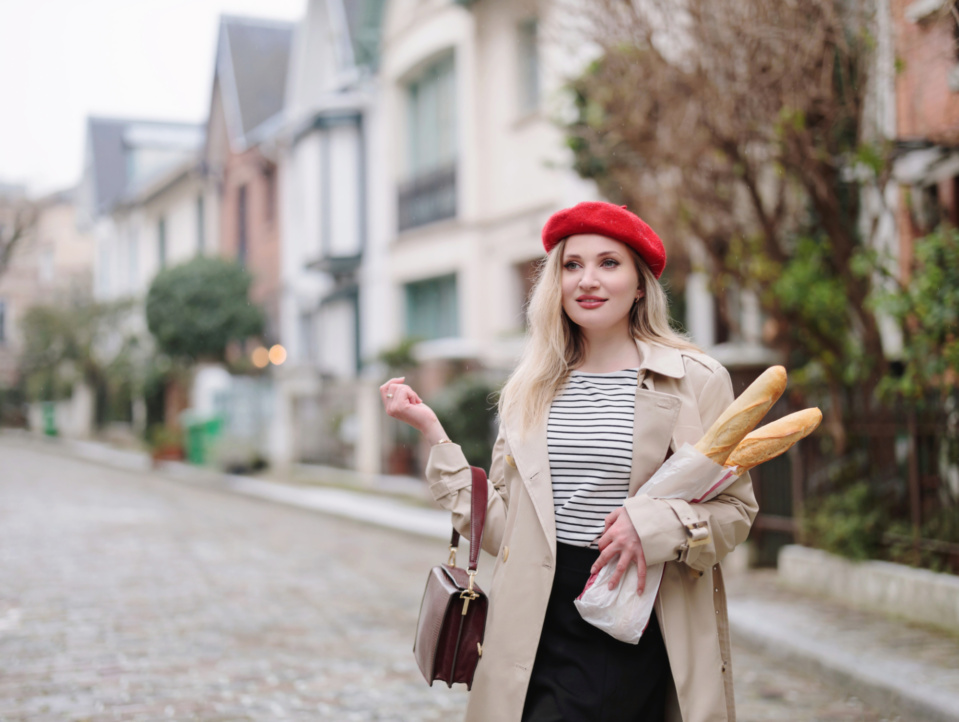
Posted on 17 Dec 2025
Posturing by the US president about Europe's immigration policies, even warnings of future…
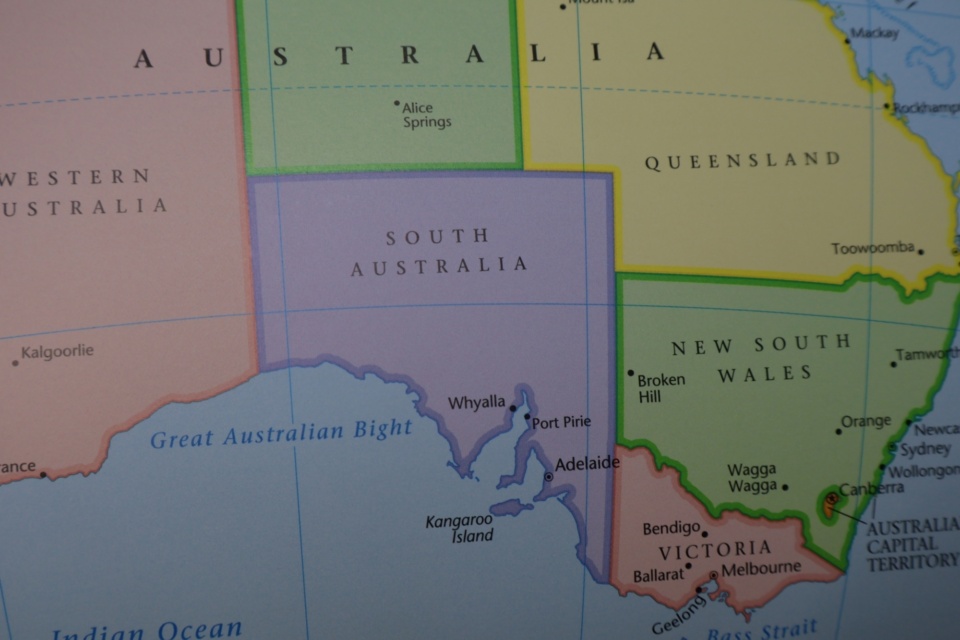
Posted on 03 Dec 2025
If you wanted an example of the problems inherent in federal systems, you couldn’t do better than…
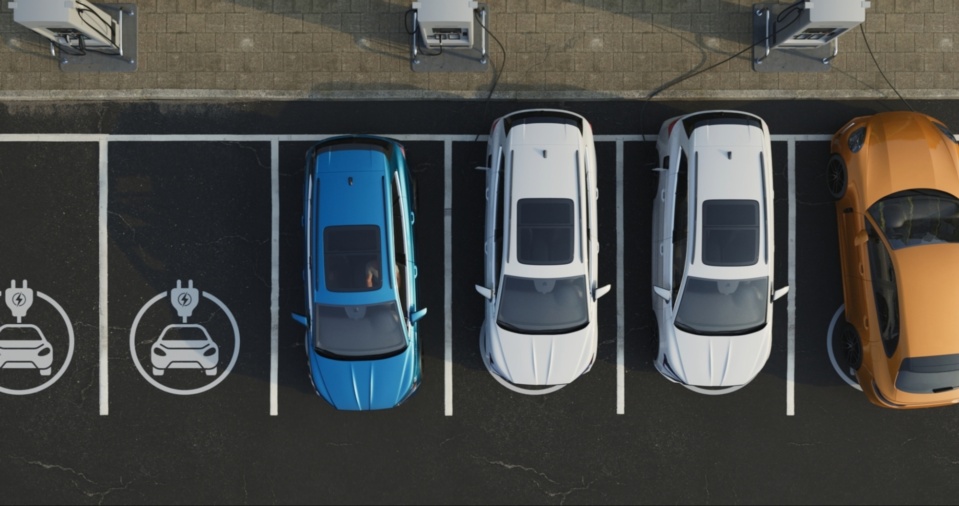
Posted on 19 Nov 2025
When it comes to loyalty to car brands, it can be confusing who we should support, and, even more…
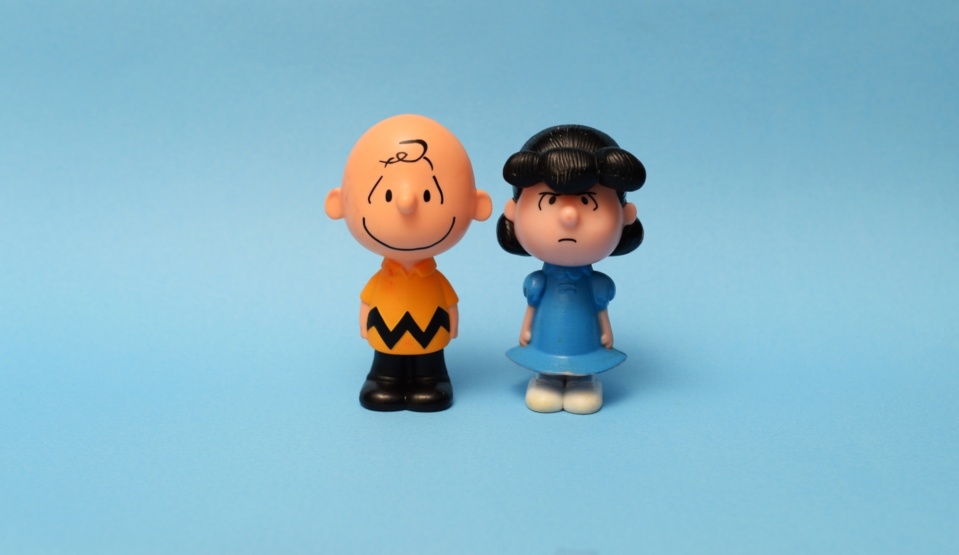
Posted on 05 Nov 2025
Before the Prime Minister gets too excited about his recent meeting with the American President, he…
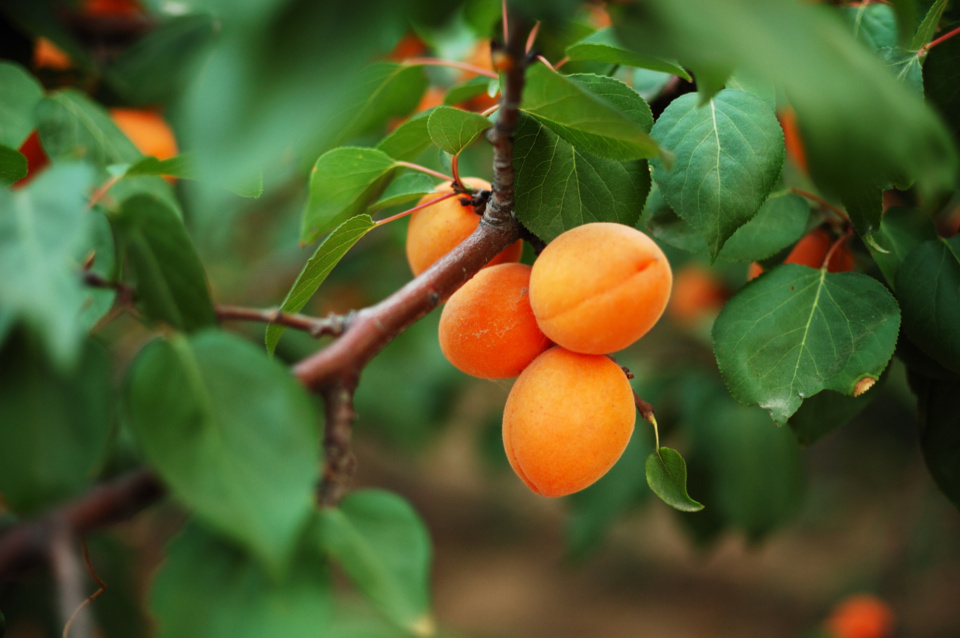
Posted on 14 Oct 2025
The idea of "long term" is not something that sits well in the social media era, yet governments…
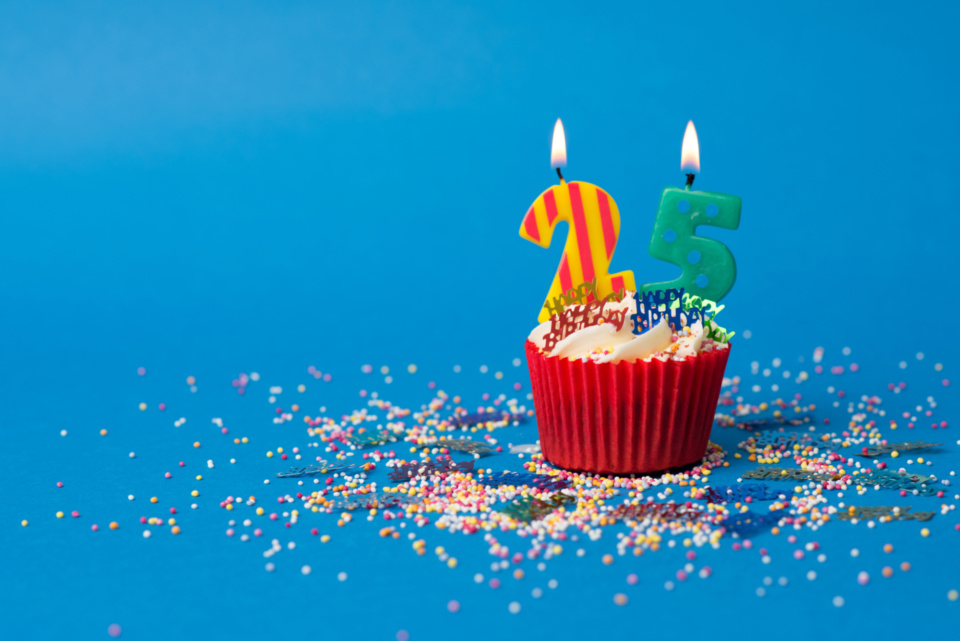
Posted on 30 Sep 2025
I am proud of what Our Community, and its exceptional team, have achieved in the past 25 years. As…
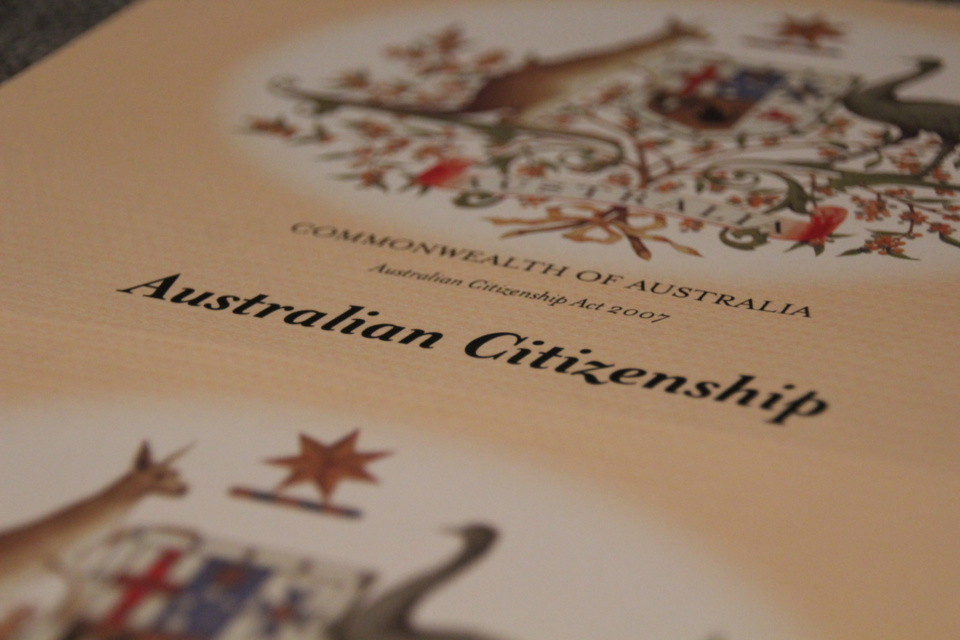
Posted on 16 Sep 2025
Happy Australian Citizenship Day! To mark the occasion, Our Community leader Denis Moriarty takes…
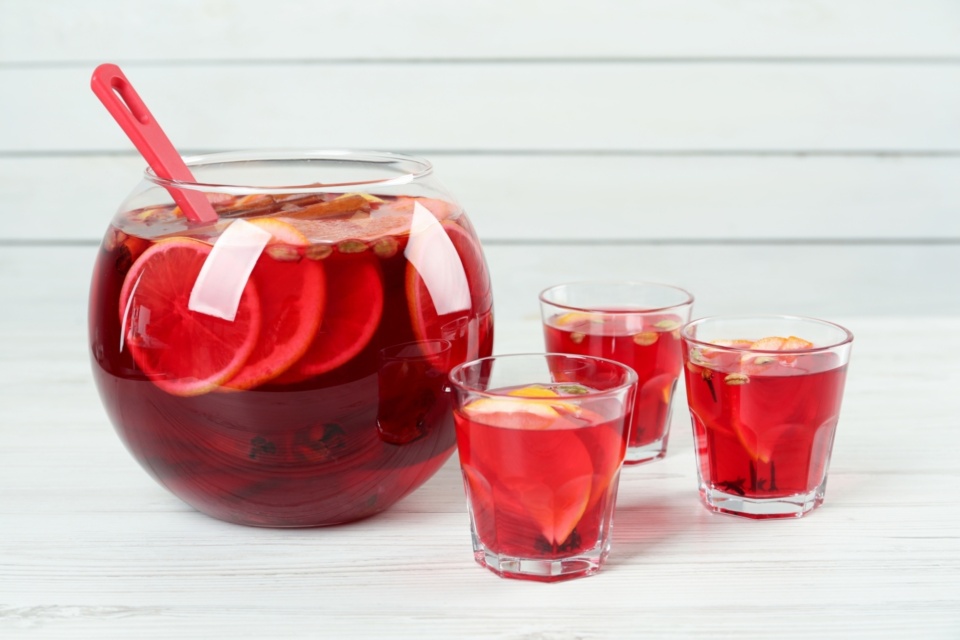
Posted on 02 Sep 2025
Words live, evolve, and sometimes die. Some words are invented from scratch, some are old words…

Posted on 26 Aug 2025
The cost of the National Disability Insurance Scheme (NDIS) is climbing relentlessly – $44 billion…

Posted on 04 Aug 2025
The new leader of the Liberal Party, Sussan Ley, wants to increase the proportion of women…